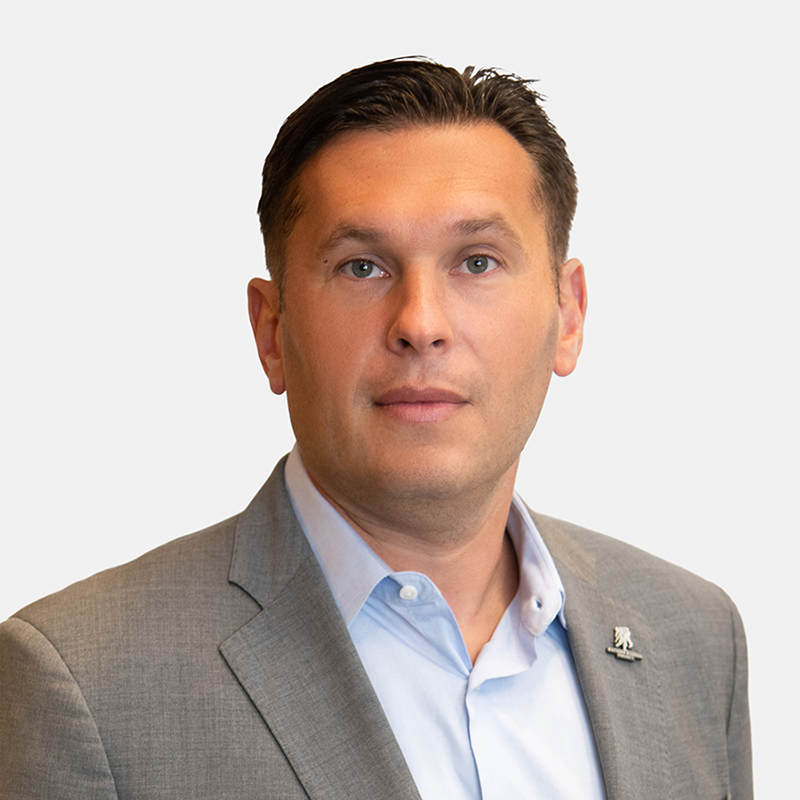In our country—and around the world—we are witnessing a rise in suicide, drug dependency, and poor access to physical and mental health services. Programs like Wounded Warrior Project feel it is their responsibility to translate their best practices offered to veterans and service members for treatment and rehabilitation for these conditions to the entire country and world of civilians.
Dr. Alexander Balbir is the Director of Independent Services at Wounded Warrior Project.
For information about treatments for brain injury please visit The Treatment Hub.
People do talk about that military-civilian gap. And it’s something that our organization is proud to maybe bridge that gap through some awareness, some of the campaigns we do, the public service announcements that we do. And the best connection we can make is telling the stories of people, and having people donate to our cause because those donor dollars go towards really fueling our mission. The issues that we face with our veterans especially when it comes to brain injury recovery, access to mental health care, physical health and wellness. These are issues that are not foreign to the general population. There is a big need in this country to improve the quality of healthcare for specifically for mental health. Improve the access to mental health, reduce substance use, overdose. We talk about suicide as well. These are issues that are not foreign to the general population. And what we need to do is leverage what - the phenomenal work that’s done in the military space and translate that. Translate the accomplishments, translate the best practice, to the larger community to adopt, to support a civilian when a civilian is dealing with post-traumatic stress or exposed to a trauma and is not recovering well. This is important. We should be treating - the military is a special group of people. They raised their hands, they served, injured in combat, injured in training. But we see trauma all the time in society, and we see people who struggle with their mental health. We see people struggle to get access to quality care for traumatic brain injury. It shouldn’t be reserved just for the military. Those lessons learned and what are best practices, that has to translate to the better global good. If that’s not happening, then we’re not as effective as we could be as an organization. So that’s where the lessons learned are. We have a lot of sympathy and understanding for people with cancer. We should apply that same level of sympathy for those who are dealing with a traumatic brain injury or mental health disorder or substance use disorder. In the end what we are witnessing as a society is suicide problem, drug dependence, poor access to care for mental healthcare. We’re trying to break down these barriers for the veteran population. And I think it’s important that those practices be disseminated to the global good, not just U.S. civilians but throughout the world. BrainLine is powered in part by Wounded Warrior Project to honor and empower post-9/11 injured service members, veterans, and their families.
About the author: Alexander Balbir, PhD, MBA
Dr. Alexander Balbir served as the Director for Independence Services at Wounded Warrior Project (WWP). He currently serves in the United States Navy Reserve as a Medical Service Corps Officer hospital/healthcare administrator.

